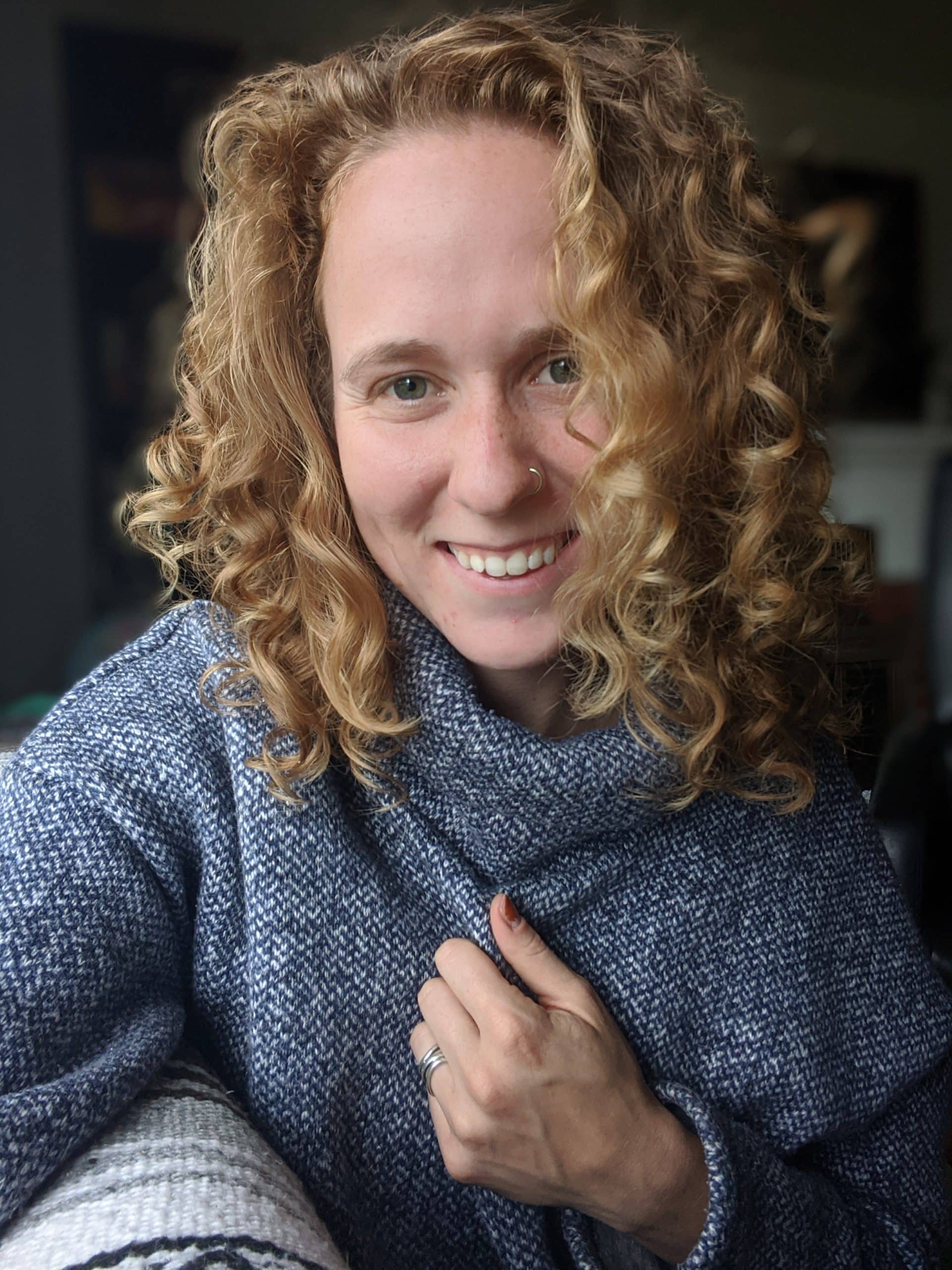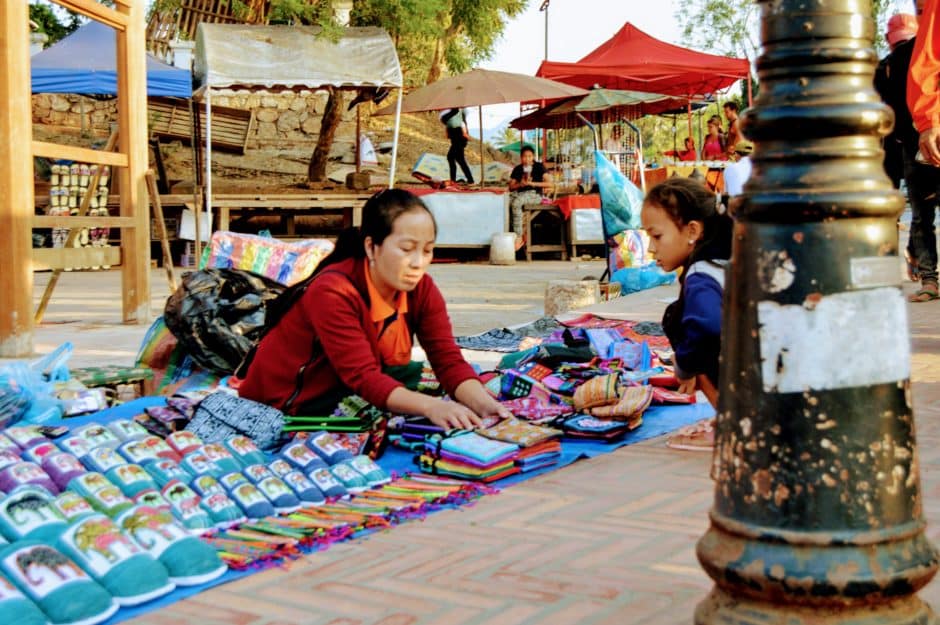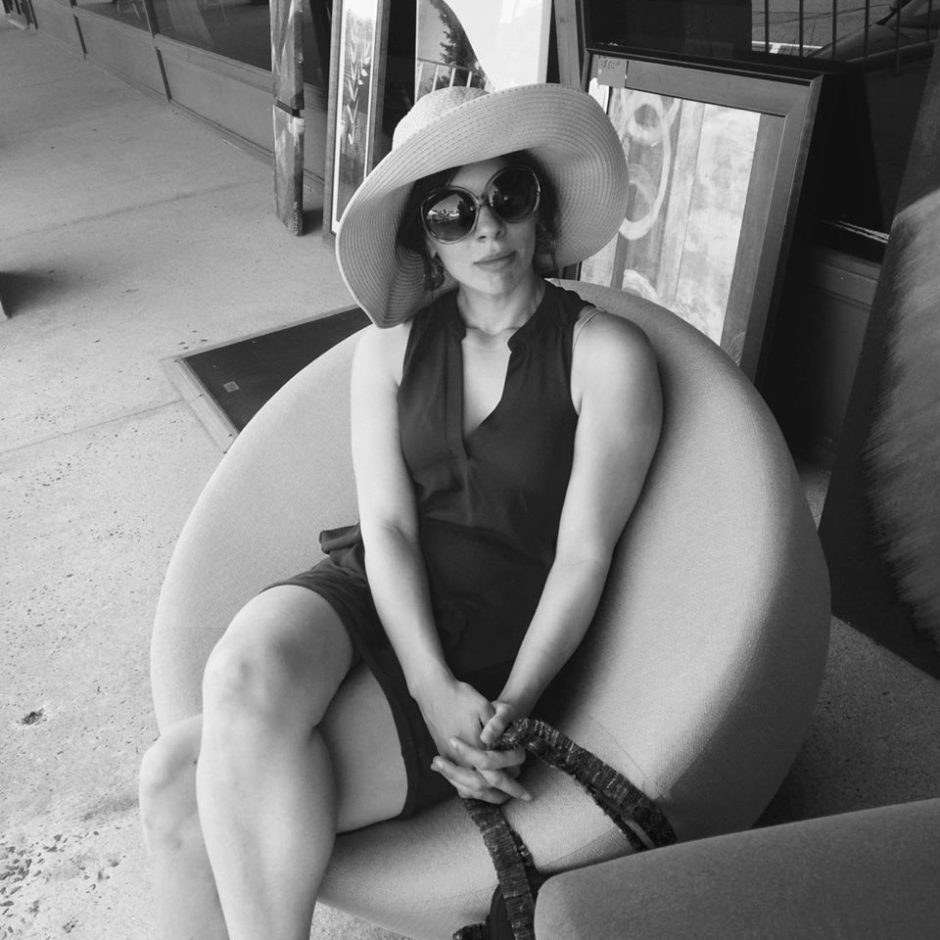By Rita Serra
I chose to backpack around the world as a 22-year-old, pierced-nosed, May You Stay Forever Young-tattooed, Hubba-Bubba pink, blue and purple-haired, flower child. Equipped with a degree in US history and ample youthful exuberance, I was ready to feel the unparalleled freedom of solo travel. My only armor for this eight -month endeavor was my blind faith in good vibes. What could go wrong?
Four months into my wanderlust pilgrimage, airport security procedures had become a mundane chore rather than a cause for stress. With off-handed indifference, I referred to the time spent waiting in lengthy passport control lines as, “the traveler’s tax.” As I stood in the diminutive security line of Lombok International Airport (LOP,) I was pleased to pay these meager taxes that evening.
Measuring forty-seven miles across, the tranquil island of Lombok, Indonesia is relatively untraveled by tourists compared to its neighboring island of Bali, allowing the landscape and pace of life to remain much closer to its organic form. The majority of Lombok consists of rural villages separated by large swatches of undeveloped land. Although LOP is the only airport on Lombok, a single terminal is apt for receiving all domestic and international fights.
I stood in line with a placid smile as I watched the female agents check every pocket of every traveler’s bag with a Swiss watch-maker’s precision. But then, like Isaac Newton and the infamous apple he took to the head, I was struck with a sudden realization that overtook my idle thoughts. In the top pocket of my backpack was a plastic bag that contained; a brick-sized stack of Laotian currency, US dollars, Euros, Cambodian Riels, anti-malaria medication, traveler’s diarrhea pills, and a smaller zip lock bag containing off-brand Advil. The lack of original packaging making it seem as if the Advil could be any drug. In my effort to maximize packing efficiency, I set myself up to look like a suspicious character while attempting to enter a country that regularly applies capital punishment to drug traffickers and drug dealers.
Light-headed, my mind went into a hazardous spin. I oscillated between berating myself for committing such a blunder and conjuring ill-fated visions of myself sitting in an Indonesian jail cell. Stress-induced sweat droplets rose to a beady line of attention along my brow. I pushed past these negative thoughts and began to practice my explanation. Yes ma’am I know this looks weird, but I purchased all of the Laotian money from a friend to save him from a bad exchange rate, as if my inherent altruism would help me out of this situation without issue.
My turn came and an Indonesian woman with soft brown eyes and dark hair pulled into a tight bun, started to rummage through my bag with silent diligence. Standing at 5 foot 10, I towered over this woman by nearly a foot, yet I felt as if I was small enough to fit in a front shirt pocket standing in her authoritative presence. I attempted to hold a pleasant, unsuspecting smile as I wondered if this agent would believe the reason for this money and various pills, some unmarked, was due to my naiveté and not because I was a drug dealer.
The agent used her thumb and right index finger as a pair of tweezers to pluck a tampon out of my bag. Mystified, she raised the tampon until it was even with her eyes and after a few moments of greater inspection, she inquired in English, “What is this?”
I surmised that it must have been unfamiliar packaging throwing her off, so I gave what I though was a simply yet efficient answer, “a tampon.”
The bewildered expression remained suspended across her caramel-toned face. I wondered if my bluntness had been misinterpreted as curt, but then it hit me; she had never seen or heard of a tampon before. A piece of my innocence expired as I explained to this woman, who was at least ten years my senior, what a tampon was and how it is used. Her cheeks pulled back like an accordion, forming elongated, vertical smile lines and the austere formality of her uniformed appearance melted away. With an enlightened sounding, “ahh” the woman placed the tampon back in my bag, forgetting to check the final pocket, and sent me on my way.
I walked through the sliding glass doors and was greeted by the hot, sticky, humid night air like an impassioned lovers kiss. I breathed out a sigh of relief, and inhaled sharply making my lips form a tight O as my mind unpacked what just transpired. What did this woman use while on her menses? Will this woman tell her friends about what she just learned? Her mother? Her sisters? Her daughter?
I had never considered that a tampon was not basic knowledge for all women. I sat with this profound knowledge for some time, not knowing what to do with it. But the unanswered questions remained, so I launched into conducting research on women’s reproductive health among different countries. In doing so I came across the topic of period poverty.
“Period poverty” refers to the estimated 500 million women and girls around the world who lack the monetary funds and /or access to menstrual products each month. For a myriad of these females, the root causes and devastating effects of period poverty extend much deeper. In developing regions of Africa, Asia, Central, and South America there is a substantial lack of education about women’s reproductive health, what sanitary products are, and how to use them. This issue is often compounded by the absence of hand washing stations and other sanitation facilities, leading women and girls to not be able to manage their menses in a safe, dignified manner. Extending deeper for many women and girls, the crux of period poverty is caused by the long-standing cultural stigma that menstruating women are dirty.
Within numerous communities around the world, the topic of menstruation is taboo. Women in rural India are perceived as impure and unholy, leading to them being treated as lepers and banned from entering temples and participating in prayer during their menses. Considering that the overwhelming majority of India’s population are either devout Hindus or Muslims, two religions based upon praying multiple times a day, the act of menstruating is debilitating to Indian women’s daily lives. In Nepal, woman and girls are forced to undergo the custom of “Chhaupadi” in which females are ostracized from their family homes and made to live and sleep in cramped, window-less huts because they are seen as unclean while on their menses. Due to poor ventilation and snake bits, this practice has claimed the lives of many. Chhaupadi continues today, in defiance of a 2018 law forbidding the dangerous practice. For young ladies in Uganda, they feel they must hide their periods from their brothers and fathers for fear of crippling shame and utter embarrassment.
The disempowerment millions of females suffer through every month is marked by bitter irony because without the act of menstruating, the creation of life would halt all together.
Adding to the gravity of this gender inequality issue, is the fact that period poverty impedes girls’ educational endeavors and constricts their future prospects. Worldwide, millions of girls stay home from because they lack sanitary products and/ or fear becoming a social outcast. One in five American girls have reported staying home from school due to the inability to afford sanitary products. Across Africa, it is estimated that at least one in every ten girls will miss up to fifty days of school a year because of menstruation. These habitual absences cause girl’s grades to suffer and for them to fall behind their male counterparts. Even more damning is the fact that a multitude of girls will drop out of school because they are not able to adequately manage their menses. This is the case for at least twenty percent of girls in India.
Navigating the dust-kissed, stone streets of Morocco, I often happened upon a group of school children walking in their uniforms of white coats, casting the illusion that every one of them was a young scientist on the verge of discovery. In Luang Prabang, Laos I was always tickled to see a young lady zipping through traffic on motorbike with two of her female compadres riding side-saddle, (a feat much more difficult than they made it look.) Their long ponytails waved wildly like streamers in the wind, making them seem so free, despite their school attire of navy-blue jackets, knee-length grey skirts, and nylons.
Of all my carefree experiences interacting with locals, I most fondly reminisce on a day spent in Koh Rong, Cambodia on the beach with a cohort of travelers. Three Khmer children, two boys and one girl, stopped by our blankets after spotting our idol tennis ball. The kids ushered us to our feet by means of animated hand gestures and arranged us in a large circle. Captivated by the childlike-wonderment that marks the lighthearted days of travel, we played a laugh-filled game of catch for nearly an hour.
I occasionally look back with concern at the array of silly-faced selfies of myself and the little girl on the beach in Koh Rong. It is disheartening to imagine her, the girls on the motorbike, or the young ladies in Morocco, who bubbled with life and were free from inhibition, are now routinely filled with shame for simply menstruating. I cannot help but think about all the bright, young ladies around the world whose academic standings have slipped due to the constricting realities of womanhood imposed by their cultures.
Before traveling to Indonesia, I had never equated a tampon with freedom. Awareness is the first step in bridging inequality. From my experience in the airport, I became aware that hygienic products allow women the ability to play sports, receive a full education, work a steady job, participate in religious events, go about their daily life unencumbered, and to rise to the same playing field as male counterparts.
We have made great strides in America in the field of women’s equality and reproductive health thanks to the activism of Margaret Sanger and our other feminine predecessors. In 1960, the FDA approved the use of the pill as contraceptive which was a divisive issue at the time. Many women took the pill in secrecy, afraid of being outcast or labeled as promiscuous. After decades of continued activism, these same women now lead women’s gatherings with pride and conduct ceremonies that celebrate young ladies’ menstruation, and empower them as they cross the threshold into womanhood. Today young girls are taught about menstruation health in school and women have access to an array of contraceptives and sanitary products. Furthermore, there is a Red Tent movement sweeping the nation, where menstruating women and girls are invited to come together and celebrate their menses on a monthly basis. Nevertheless, we still have ground to cover in America when it comes to eliminating period poverty.
Ending period poverty is a matter of accepting and normalizing female biology.
One way to get involved in the movement is to vote. In recent years there has been a large push to remove the “tampon tax.” Although the FDA considers tampons and other menstrual products as medical devices, in forty states they are still subject to sales tax unlike other medical devices. For the women who live in poverty or work low income jobs, removing taxes on sanitary products would make managing their menses less of a struggle. Georgia House of Representative member Debbie Buckner, presented a bill in January 2019 that would make Georgia the eleventh state to remove the “tampon tax,” As of today, activists in Georgia are still working to have this bill passed. Scotland made history in February 2020 by becoming the first country to make period products free to all women.
Supporting organizations such as, Alliance for Period Supplies, is another way to get involved in this movement. This organization was founded by U by Kotex and aims at ending period poverty in the US. Support can be a simple as shopping for your own sanitary products. For every U by Kotex purchase, sanitary products are donated to women and girls in need through Alliance for Period Supplies. For people who want to go a step beyond, consider hosting a period supply drive. This is done by linking with your local allied program, (which can be found online through allianceforperiodsupplies.org) food bank or women’s shelter to distribute the collected products. This might be of particular interest to women who have stopped menstruating, but still have unnecessary sanitary products.
On the international level, donating to organizations such as WASH United or the World Bank is a way to help end period poverty. These organization partner with groups such as UNICEF, UN agencies, the Global Water Security and Sanitation Partnership, and other NGO’s to promote advocacy and provide menstrual hygienic management (MHM) education designed to empower woman and remove cultural taboo. They also provide woman and girls with hygienic products and improve conditions for women to manage their menses in a safer, more dignified manor such as providing clean water, constructing hand washing stations, and sanitary facilities.
Finally, spreading the word is a way to promote advocacy and transform period poverty into “period positivity.” Since writing this piece, I have begun discussing period poverty with my male roommates who have all been receptive to discussing the topic. May 25th – 31st 2020 is period poverty awareness week, by sharing stories on social media and using hashtags such as, #EndPeriodPoverty #EndPeriodStigma #WithUSheCan #eachforequal #NoMoreLimits and #MenstruationMatters, we can normalize the topic of menstruation.
As the torch is carried forward in the women’s health and equality movement, we must ensure some women are not getting left in the dark.

Rita Serra graduated from the University of North Carolina Chapel Hill with a degree in US history with a special interest on the social and political moments of 21st century America. For two and a half years, Rita backpacked around the world, often solo, on a quest for human connection, cultural enlightenment, historical intrigue and natures wonderment. After her period of Rolling Stone Embodiment, Rita found herself in Northern California where she currently spends her days writing prose & poetry and farming.
Anti-racist resources, because silence is not an option.
~~~~~~~~~~~~~~~~~~~~
Upcoming events with Jen
~~~~~~~~~~~~~~~~~~~~
THE ALEKSANDER SCHOLARSHIP FUND







